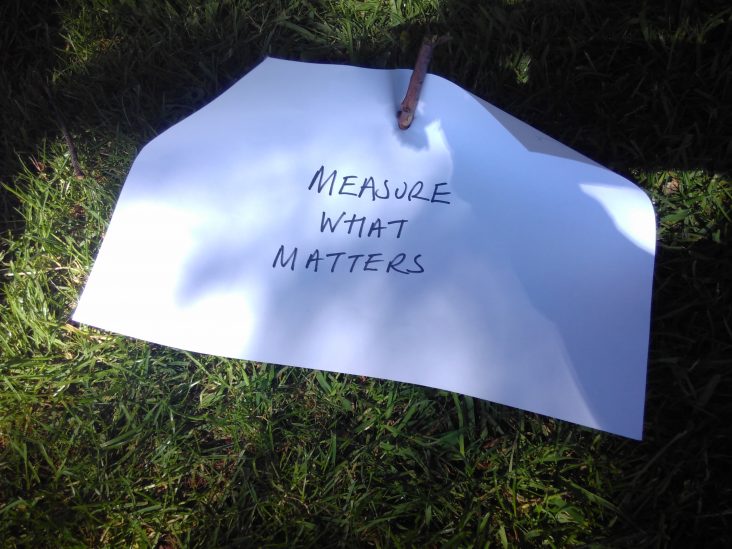Happy Museum’s research into our Cultural LIFE

by Mandy Barnett – Happy Museum Research Associate
The Happy Museum project is especially targeted at museums that want to encourage participation and activism. We particularly focus on work with communities and the wider environment, sometimes called ‘place-making’. On 13th June we are holding our annual training day for museums who share our desire to ‘measure what matters’. Soon we will be launching our new app to enable museums to be part of our cultural LIFE research.
Six years from our first manifesto, it seems we need this as much as ever.
In April 2017 Martin Wroe made a plea on Radio 4’s thought for today not to ‘capitalise’ the arts or volunteering – my ears pricked up as I heard the words return on investment, and then he said to back up his point “while we can’t live without poets or novelists, most poets and novelists can’t make a living”. I think he rather undermined his point.
Wind the clock forward a month to Any Questions in Cornwall in the run up to the UK general election. Much of the discussion was about economically poor Cornwall voting for Brexit despite being a major recipient of European funding. The final question was that with all this in mind, was it right that Cornwall county council was advertising a £50K post to lead its bid to be a European Capital of Culture. Paddy Ashdown’s response was the most interesting – he said it was the hardest question he’s been asked on 30 years of Any Questions.
He knows! He knows the value of culture, he knows the value in terms of local pride, wellbeing and the tourist economy of this kind of celebration, but he knows he can’t admit it. We have spectacularly failed to make the case not just to the general public, but to politicians so they will stand up and say that the health of society lies as much is its culture as its hospitals.
In 2015 Daniel Fujiwara and I wrote a chapter in the Arts Council and RSA’s joint Towards Plan A, for a new approach to investing in culture. One overall conclusion of the Plan was that we need large ‘burden of proof’ research across the sector. The Arts Council responded with its research grants, but Happy Museum does something slightly different to most of these – that is to learn about up-stream, population level cultural investment before the arts might be called upon as a remedial service. To learn about our cultural wellbeing.
Our, free to join, LIFE research project is the central strand in helping us learn about this sort of cultural wellbeing. Using LIFE research will help you to evidence the impact of your service or project robustly, supported by our central infrastructure. It is different from other wellbeing measurements that come from a health background, because it focuses on the community not just individuals, our assets more than our weaknesses and our ‘functioning’ as well as ‘feelings’ (two recognised features of wellbeing).
The LIFE survey is now being piloted as an app so museums can start their own surveys and get their data back straight away, but still be part of the national programme of data collection (the questions stay the same). The survey collects information about people’s Learning, Interaction, Feelings, and Environment (or surroundings). Coupled with diversity questions, the results mean you can see how wellbeing results compare with local averages as well as who is attending – or if you’re using it with staff and volunteers, how your team is made up.
The LIFE research is open to museums and cultural organisations across the country. If you’d like to come to our July event, sign up on eventbrite. If you think you might want to be involved but not come to the event, email Mandy@MBAssociates.org. You need to have a cultural service or project to evaluate that is based in a community or venue (online services are not best suited) and some staff resources and enthusiasm.
We look forward to working together!
Background and further development
LIFE has been developed by the national campaign Happy Museums in partnership with happiness economist Daniel Fujiwara, with Oxford University and lately in partnership with Social Value UK. We worked with 22 museums over two years to refine the content, and the questions link to national data for ease of comparison. We are now in the process of bidding to the Knowledge Exchange Dialogues scheme with our partner Oxford University to develop the work in the Autumn building on what we learn from this pilot. We also have a new partner, the network Social Value UK so the research can be applied more broadly in communities interested in their cultural wellbeing. With our 15 new Happy Museum Affiliates, this gives us a real impetus to run a distributed research programme across the country.

